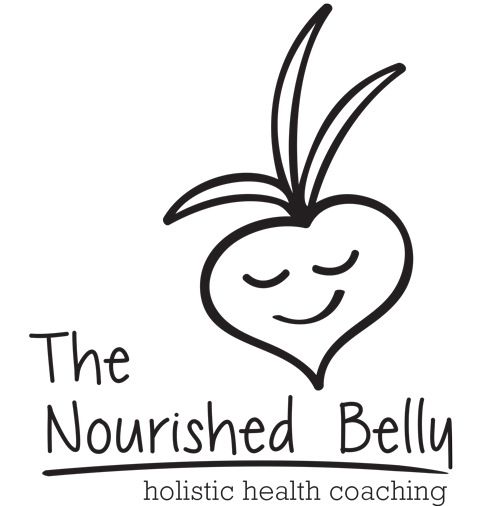My first introduction to the Weston A Price philosophy was through the book, Nourishing Traditions, by Sally Fallon Morell. It was one of the first books I read on nutrition about 10 years ago, and everything that was in that book was fascinating. It’s a great overview of basic nutrition as well, which at the time, really blew my mind (as is my book!) As I moved to California, I began noticing Nourishing Traditions in multiple kitchens, and began to explore the literature that the Weston A Price foundation put out. During my time in nutrition school, I also had the luck of apprenticing at Three Stone Hearth, a community supported kitchen in Berkeley that specifically follows the Weston A Price philosophy when they prepare their foods. I personally don’t follow EVERYTHING (they love raw milk, and while I love it too, I can’t drink that much or no one will like me). It’s definitely worthwhile to learn a bit more about Weston A Price’s life and work. Here we go. What you are about to read is the research that Nourished Belly Intern, Ashley Green, put together! Amazing job Ashley!
Dr. Weston A Price, a Cleveland dentist, began a journey to discover the factors responsible for good dental health. What was discovered, led to so much more.
For over 10 years, Price traveled around the world to isolated, indigenous communities. Through personal investigation, he studied these populations, yet to be touched by Western culture, and observed their dental health in alignment with their overall health. His studies led to the conclusion that poor dental health (conditions like deformed dental arches, cavities, and decay) resulted from nutrition deficiencies rather than genetic defects. His findings also showed the vast differences in overall health characteristics between these populations and those of Western culture. Freedom from degenerative ills, healthy bodies, emotional stability, and flourishing reproductive health, was a significant departure from what he saw in populations of Western culture. He often looked at generations that had left to live in cities, and saw that many of the degenerative diseases would take root once a person had taken on a western way of eating.
So what are the main principles of the Weston A Price Philosophy? Still suggested and practiced today, the main principles of following a traditional diet and lifestyle suggest that you follow these principles throughout your day to day life.
In summary, traditional diets focus on three key components:
- Significant consumption of organic animal proteins, fats, and dairy products. The typical fat content ranges between 30-80%, and comes from the animal fats that provide essential nutrients, difficult to obtain from other sources.
- Avoid all processed and refined foods. Sugars, artificial additives, hydrogenated vegetable oils, pasteurized milk, white flour, and canned foods.
- Consumption of natural, whole foods- vegetables, tropical fruits, and seeds, grains, and nuts that are soaked, sprouted, or fermented to decrease the naturally occurring anti-nutrients and reap the most nutritional benefit.
As with any practice or philosophy, there comes adversity and skepticism. The findings and publications of the Weston A Price Foundation have been scrutinized by varying professionals in the health and wellness field. Arguments over what a healthy diet consists of, dangers of particular practices, and comparisons with what the US Department of Agriculture recommends in their proposed Dietary guidelines, all lead to health conscious individuals battling with themselves over who and what to believe.
So do we assume this lifestyle?
One very important thing to understand, is that no health practice comes in a one size fits all. Every individual is different. There are factors from the environment, genetics, etc., that determine how our bodies work and what works best for them. When choosing a lifestyle practice, whatever it may be, it is important to recognize that adaptation is key. Any diet or practice can be adjusted to fit the needs of your body.
The Weston A Price Foundation does offer a dietary plan, following the ideals of Dr. Price, that features four main food groups- animal foods, grains, legumes, and nuts. Healthy 4 Life recognizes the different levels of macronutrients (fats, carbohydrates, and proteins) that each individual may need. Adapting a new diet of lifestyle comes in steps. It does not happen overnight. As you begin such a journey, start one thing at time, whether it be the introduction of something new or the removal of something else. Ask questions, research and educate yourself further, and most importantly, listen to what your body is telling you.
Great reminder Ashley! Ask us any questions you have on social media, you can find us @thenourishedbelly on instagram and facebook.
References:
The Weston A Price Foundation. (2013). http://www.westonaprice.org/
Price, Weston A. MS., D.D.S., F.A.G.D (1939). Nutrition and Physical Degeneration: A Comparison of Primitive and Modern Diets and Their Effects. Medical Book Department of Harper & Brothers. NY, London.


